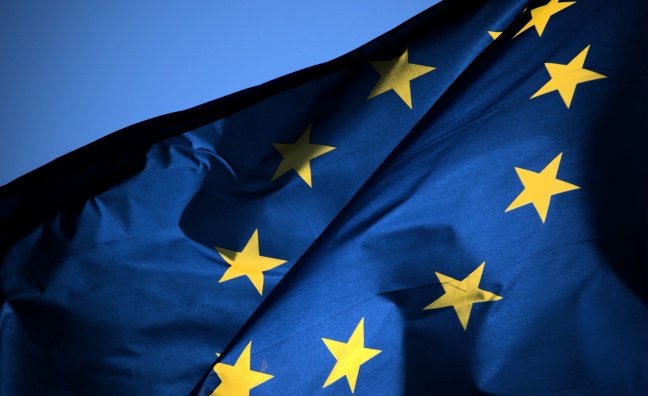There are many things to celebrate about yesterday’s European Parliament vote in favour of the new Copyright Directive. The fact that Article 13 - which will help make internet platforms responsible for the content they host - passed undiluted. That the margin of victory (438 to 226) was big enough to avoid any Brexit-style lingering resentment. And that, hopefully, no one will ever need to say the phrase ‘value gap’ in public ever again. Not even Paul McCartney.
It’s been a long, hard road to get to this point and the biz has campaigned much more effectively since the setback in July, so no wonder the music business has been celebrating loudly (if you can think of a trade body that hasn’t sent Music Week a triumphant quote, then please do get them to give us a call). But once everyone’s tucked into a full Belgian breakfast this morning (after a few Belgian beers last night), the music business needs to get back to work, because this battle won’t be over until the Brussels bureaucrats sing.
European law is a convoluted beast at the best of times, and complex negotiations between the European Parliament, Commission and Council would surely not been seen as a good time by many. The comprehensive nature of the victory will give the creative sector a flying start, but it’s a rare European law that doesn’t undergo some tinkering before entering the statute books.
You could also add in the vexed question of Brexit and whether the UK will even still be a member of the European Union by the time that happens. It seems likely that the transition period will help out there, but UK campaigners should use the time to make sure British politicians - often more susceptible to big tech lobbying than their European counterparts - are on top of the issues, just in case.
And that tech lobby, which fought hard against Article 13, is unlikely to sleep on the next stage of this process. Google’s reaction to the vote was measured and sounded conciliatory, but was hardly an admission of defeat.
“People want access to quality news and creative content online,” it read. “We’ve always said that more innovation and collaboration are the best way to achieve a sustainable future for the European news and creative sectors, and we’re committed to continued close partnership with these industries."
And the fact is, as Music Week has said all along, the music business needs a successful YouTube. The company has come a long way in recent years, with a subscription service that’s not only as good as anything else out there, but has been heavily backed by the company (you can thank Lyor Cohen for that).
The music industry can afford to be magnanimous in victory and use its position of strength to get better deals from and build better partnerships with the affected platforms. Whatever happens in the next stage of negotiations, rights-holders need to know they’re coming away with a better deal - but not one that’s going to make YouTube undo all the positive steps they’ve made of late.
There’s still work to be done, in other words. And, as long as we can do it without using the phrase ‘value gap’, then everyone will be a winner...











